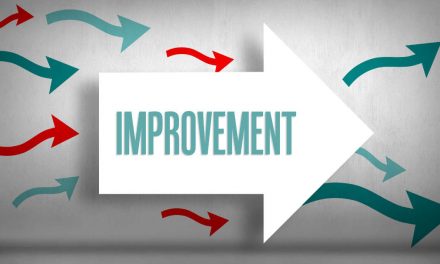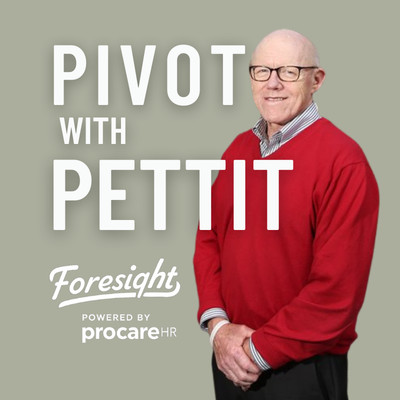By Jack Cumming
Recently, the U.S. Internal Revenue Service (IRS) issued its assessment of how recent tax legislation impacts seniors and, consequently, senior living. The analysis was in the IRS Newswire issue FS-2025-03. Here are some quick takeaways.
- Gratuities: One of the most helpful changes for the senior living workforce challenge is the deductibility of “qualified tips” up to a ceiling of $25,000. To be “qualified,” the gratuities must be from listed occupations and must be voluntary cash or charged tips received from customers or through tip sharing. More about that later.
- Overtime Pay: Effective for 2025 through 2028, individuals who receive qualified overtime compensation may deduct the pay that exceeds their regular rate of pay — such as the “half” portion of “time-and-a-half” compensation. The maximum deduction is $12,500 single and $25,000 joint. The deduction also phases out for higher-income earners.
- Car Loans: Effective for 2025 through 2028, individuals may deduct interest paid on a loan used to purchase a qualified vehicle, provided the vehicle is purchased for personal use and meets other eligibility criteria. Lease payments do not qualify. The maximum deduction is $10,000, and it phases out for higher-income earners.
- Extra Deduction for Seniors: Effective for 2025 through 2028, individuals who are age 65 and older may claim an additional deduction of $6,000. This new deduction is in addition to the current additional standard deduction for seniors. The new additional $6,000 senior deduction is per eligible individual, i.e., $12,000 total for an elderly couple. The additional deduction phases out, though, for those with income over $75,000 single or $150,000 joint, which is likely more than the income of most residents who can afford market-priced senior housing.
Holiday Payments
The gratuities item needs elaboration because of the varying practices among CCRCs, and perhaps other senior housing projects, concerning the holiday staff appreciation payments that residents collectively give to employees. The straightforward way is to run the payments through the payroll system and to treat them as gratuities.
Some communities, though, perhaps to avoid liability for payroll taxes, treat the payments as separate from the employment connection and direct the residents to issue 1099 forms to the employees if the payments exceed $600. Theoretically, employees are expected to report the income even if it’s less than $600, but it is likely that few do.
Nonemployee Compensation
The $600 reporting requirement is for “nonemployee compensation,” and I suppose that the thinking is that the payments come from residents who are not the employer, even though the payments accrue only to people by virtue of their employment. The current $600 threshold increases to $2,000 for the 2026 tax year and will be adjusted for inflation in subsequent years.
Some residents argue that the payments are gifts and not gratuities, but that is hard to sustain since the payments are clearly related to the recipient’s employment by the facility that houses the residents. The IRS has not given clear guidance on the issue beyond the generalized rules for what constitutes a gratuity and is, therefore, compensation.
When there has been an audit question, the IRS has, in at least one case, concluded that it is de minimis and has chosen to turn a blind eye to whatever the local practice is. Thus, the question remains: if a particular employer has traditionally insisted that the payments are not gratuities, can that employer now claim that they are for the purposes of the new deductibility authorization?
Who Is Eligible?
Another issue arises because the new treatment for gratuities only applies to specified occupations. For instance, dining room wait staff may qualify for the deduction, but healthcare workers may not. The new law directs the IRS to publish a list of occupations that “customarily and regularly” received tips on or before December 31, 2024. The law requires the IRS to publish the list by October 2, 2025.
Consult a Tax Expert
As with anything involving taxes, given all the intricacies and complications of the United States tax code, taxpayers and others are advised to consult competent tax advisors, since there are many ramifications within the new law. Still, at least three of the four new items listed above are relevant to senior living, and the fourth may be for any instances in which employer-provided auto purchase programs are a factor.








